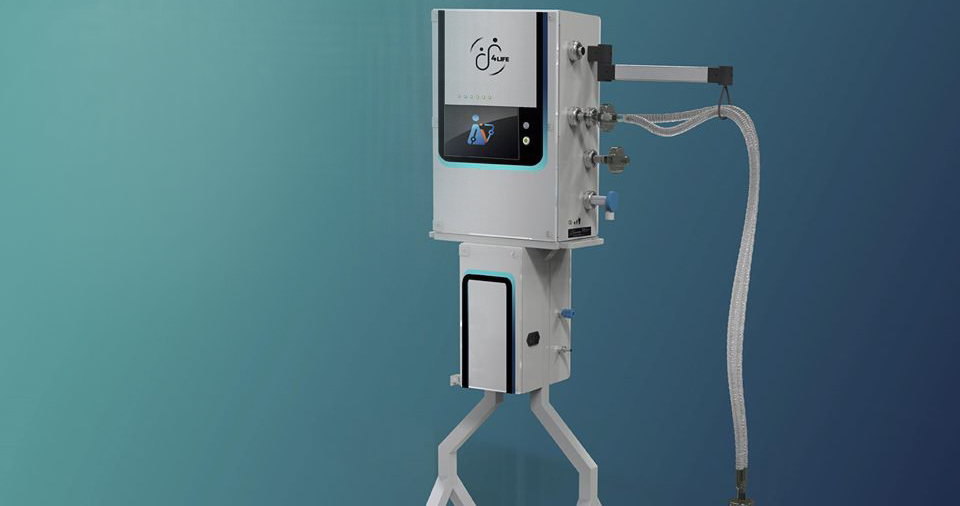Testing Protocol, Safety, and Performance Validation of ATENA ventilator 19/08/2021

The urgent need for mechanical ventilators to support respiratory insufficiency due to SARS-CoV-2 led to a worldwide effort to develop low-cost, easily assembled, and locally manufactured ventilators. The Portuguese ATENA ventilator project was developed at CEiiA in a community-based approach targeting the development, prototyping, testing, and decentralized manufacturing of a new mechanical ventilator. ATENA was developed following the guidelines and requirements provided by European and International Regulatory Authorities (MHRA, ISO 86201) and National Authorities (INFARMED) and was thoroughly tested using laboratory lung simulators and animal models. This article aims to demonstrate ATENA's adequate performance and safety for clinical use and results demonstrate that the device meets all the regulatory requirements for pandemic ventilators and pre-clinical experiences demonstrated security and adequate ventilation and oxygenation, in vivo.



